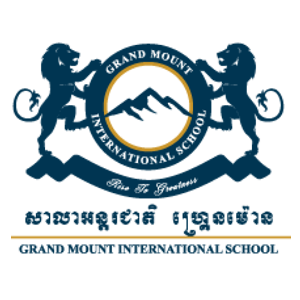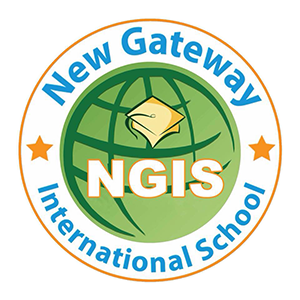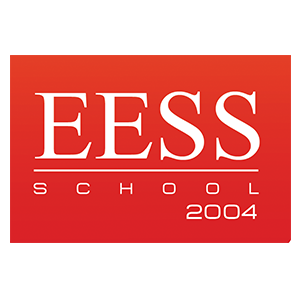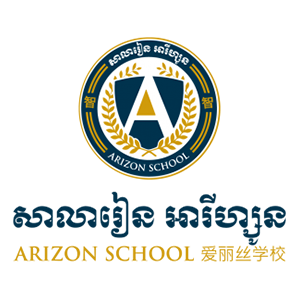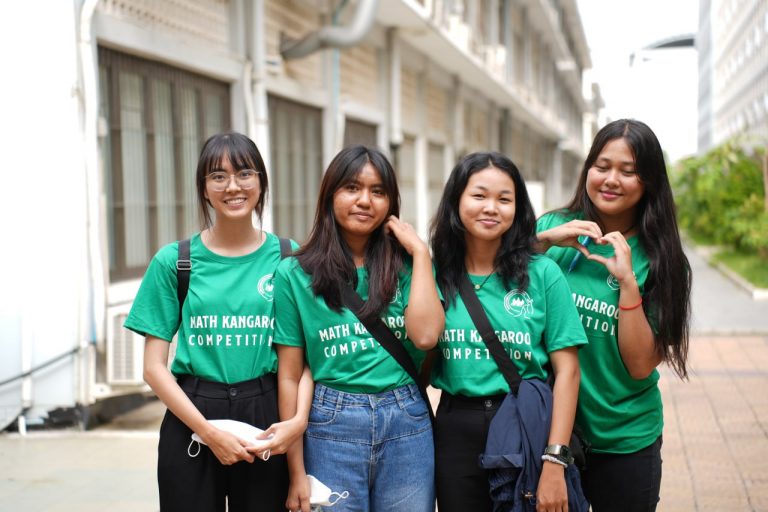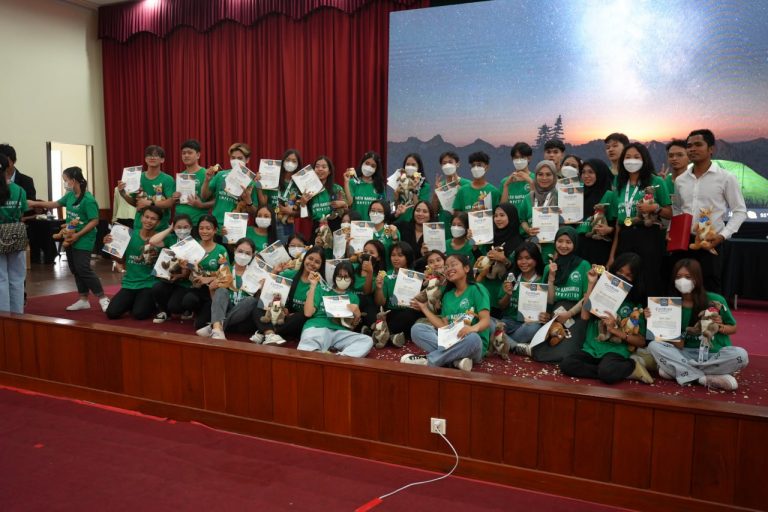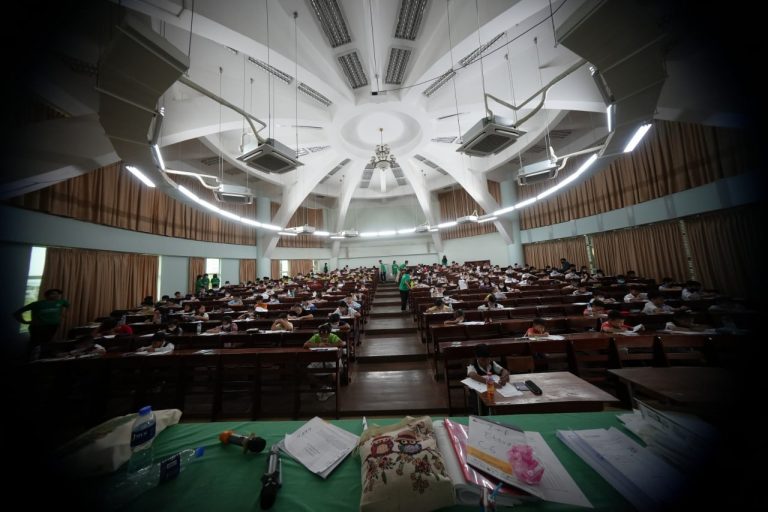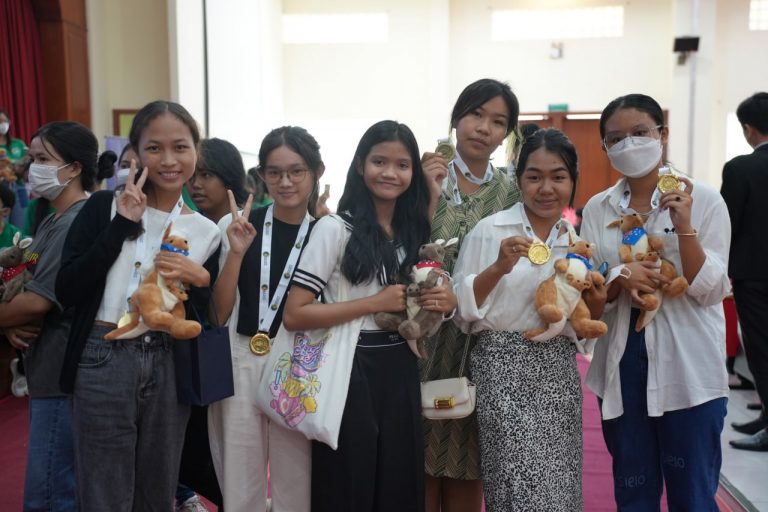Math Kangaroo

December 18, 2023
February 24, 2024
March 03, 2024
Get a chance to win exciting prize!!!
SUPER Prizes

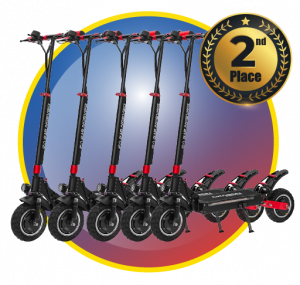
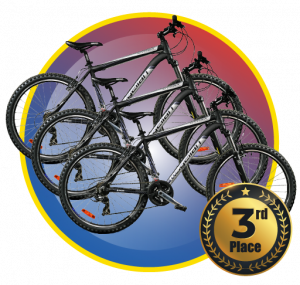

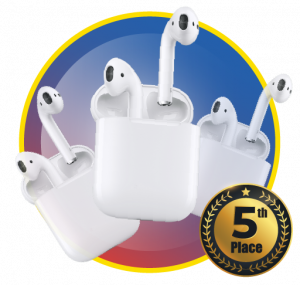
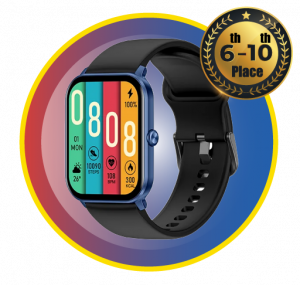
MathKangaroo Competition!
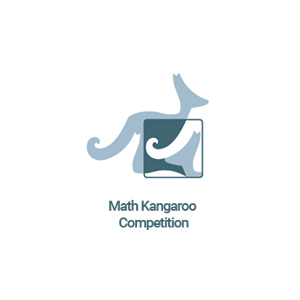
About competition
For over 26 years, Math Kangaroo has organized an annual international mathematical competition for thousands of students in grades K-12. Math Kangaroo’s focus is on improving students’ math scores and teaching them new strategies for solving word and logic problems, helping them with critical thinking and gaining confidence in the classroom.

When is the Math Kangaroo exam held (2024)?
The Math Kangaroo Competition will be held on 3rd march 2024 and the registration will ends on 17th February 2024. The competition could be a student’s chance to achieve their ambition in this digital era.
Awards and Certificates
Top 3 students
Will receive Medals of Gold Award, Silver Award, and Bronze Award and Certificates.
Next 40%
Will receive Honorable Mention Certificate.
All the students
Will receive a Certificate of Participation.
The format of the exam
Each test has exactly 75 minutes and grades 5 to 12 have 30 questions
Each question has a point value:
10 of the questions are three points each, 10 of the questions are four points each, and 10 of the questions are five points each the sum of earned points is a student’s score or result.
The competition-test is a combination of logic and math.
The more points a question is worth the harder it is. The maximum score for grades 5 to 12 is 120 points.
Participation recognition
All participants of the Math Kangaroo competition receive a Math Kangaroo Certificate.
The participants, who get top 10 places, will be rewarded with medals and valuable prizes.
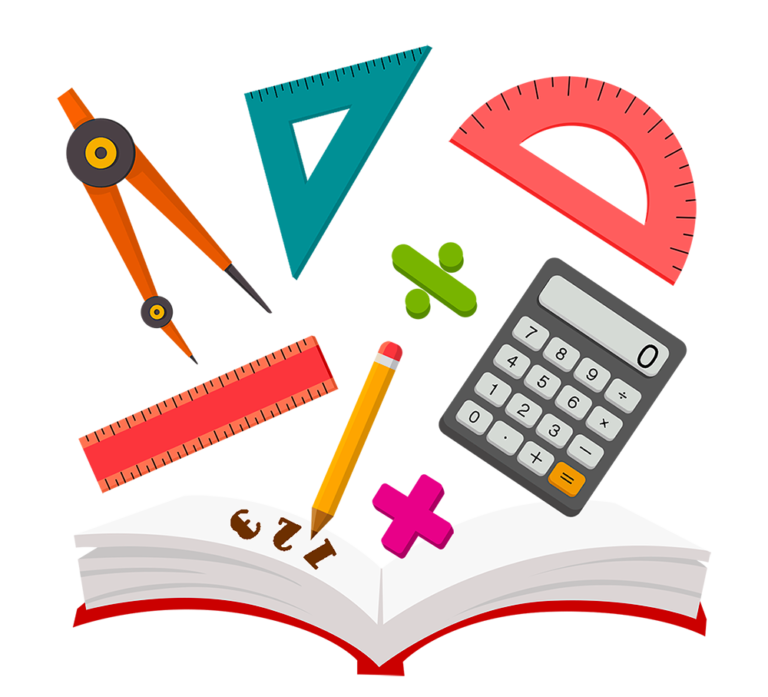
History.
In the early 80’s, Peter O’Holloran, a mathematics teacher at Sydney, invented a new kind of game in Australian schools, a multiple choice questionnaire, corrected by computer, which meant that thousands of students could participate at the same time. It was a tremendous success for the Australian Mathematical National Contest.
In 1991, two French teachers (André Deledicq and Jean Pierre Boudine) decided to start the same competition in France under the name “Kangaroo” to pay tribute to their Australian friends. In the first edition 120000 juniors took part. Ever since the competition has been opened to junior as well as to senior students, followed by the large number of European countries forming altogether “Kangourou Sans Frontières”.
In June 1993, the Board of the French Kangourou convened a meeting of organizers of mathematical competitions in European countries. The meeting took place in Paris. The European delegates were impressed by the steadily increasing number of participants in the French Kangourou compition, 120000 in 1991, 300000 in 1992 and 500000 in 1993 and so on….
In June 1994, in Strasbourg, at the European Council, The General Assembly of the delegates of 10 European countries decided to create the International Association “Kangourou Sans Frontières” with an elected Board of 6 members and with legal Statutes registered in Paris, on January 17th 1995.At the beginning of this globalization initiative, France gave technical and financial help until the meetings in Paris (January 1995) and Eindhoven-Netherlands (December 1995).
In Torun Poland (November 1996) it was decided that all competition subjects at all levels would be the same in all member countires. In Budapest (October 1997), the 21 countries who were present, adopted the final regulation defining precisely the financial participation and the rules to be followed by the countries wanting to become members. Since 1995, the Association’s annual General Assembly takes place in a different countries, in October or November, where the subjects of the following year’s contest are chosen, the documents and prizes are exchanged, the intercountries summer camps are scheduled and programmed.
In 1994, Kangaroo Contest has been given the D’Alembert Prize by the French Mathematical Society for the best work of Mathematics generalization and diffusion. Besides, the Kangaroo has been distinguished for its important contribution to mathematics pedagogy, during the International Symposium for Mathematics teaching, held in Copenhagen in July 2004. At this occasion, André Deledicq received the ERDÖS Prize, given each two years, by the World Federation of National Mathematics Competitions.
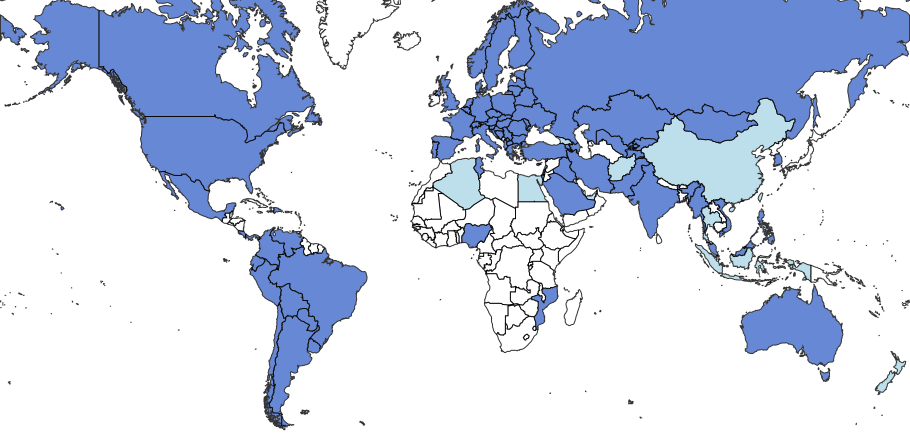
Member countries.
| Albania | Argentina | Armenia | Australia | Austria | Azerbaijan |
| Belarus | Belgium | Bolivia | Bosnia and Herzegovina | Brazil | Bulgaria |
| Chile | Colombia | Costa Rica | Costa Rica | Canada | Catalonia |
| Croatia | Cyprus | Czech Republic | Denmark | Dominican Republic | Ecuador |
| Estonia | Finland | France | Germany | Greece | Hungary |
| India | Iran | Iraq | Israel | Italy | Kazakhstan |
| Kosovo | Kyrgyzstan | Latvia | Lithuania | Malaysia | Mexico |
| Moldova | Mongolia | Mozambique | Myanmar | Netherlands | Nigeria |
| North Macedonia | Norway | Pakistan | Panama | Paraguay | Peru |
| Philippines | Poland | Portugal | Puerto Rico | Romania | Russia |
| Saudi Arabia | Serbia | Singapore | Slovakia | Slovenia | South Korea |
| Spain | Sweden | Switzerland | Tajikistan | Tunisia | Turkey |
| Ukraine | United Kingdom | United States | Uruguay | Uzbekistan | Venezuela |
Applicants | |||||||
|---|---|---|---|---|---|---|---|
| Afghanistan | Algeria | Cambodia | China | Egypt | Georgia | ||
| Hong Kong | Indonesia | Lebanon | Montenegro | New Zealand | Palestine | ||
| Republic of China (Taiwan) | Thailand | United Arab Emirates | |||||
Course outlines
Pre-Ecolier Level (Grades 1 & 2)

- The duration of the competition is 75 min.
- 24 problems to solve: eight – 3 points each, eight – 4 points each and eight – 5 points each.
- Calculators are not allowed. You may use basic geometric tools.
- Scope of problems:
Simple arithmetic operations with 1 digit and 2-digit numbers
Distinguishing simple figures
Time, clock. number of days in a week
Number of months in a year
Ecolier Level (Grades 3 & 4)

- The duration of the competition is 75 min.
- 24 problems to solve: eight – 3 points each, eight – 4 points each and eight – 5 points each.
- Calculators are not allowed. You may use basic geometric tools.
- Scope of problems:
Simple arithmetic operations with 1,2,3 and 4-digit numbers
Recognizing geometric figures.
A magic square with a sum of 15
Time, clock. number of days in a week, number of months in a year
Addition, subtraction, multiplication, division. intersection of sets
Perimeter and area of a square, a rectangle
Benjamin Level (Grades 5 & 6)

- The duration of the competition is 75 min.
- 30 problems to solve: ten – 3 points each, ten – 4 points each and ten – 5 points each.
- Calculators are not allowed.You may use basic geometric tools.
- Scope of problems:
- addition, subtraction, multiplication, division.
- magic squares.
- fractions and decimals.
- clock, a calendar.
- perimeter of a polygon.
- area of a rectangle and a triangle.
- lines and rays on a surface.
- a cube, a rectangular solid.
- acute, right, and obtuse angles.
- mathematical logic.
Sample exam papers
To help our students to prepare for the exam, we provide some sample of exam papers to practice.
Cadet Level (Grades 7 & 8)

- The duration of the competition is 75 min.
- 30 problems to solve: ten – 3 points each, ten – 4 points each and ten – 5 points each.
- Calculators are not allowed. You may use basic geometric tools.
- Scope of problems:
- operations on rational numbers.
- powers of natural numbers.
- equations, inequalities and systems of linear equations.
- area of a rectangle, a triangle and a circle.
- lines and rays on a surface.
- volume and surface area of geometric figures.
- angles: acute, right, and obtuse.
- supplementary angles, sum of angles in a triangle and in a quadrilateral.
- mathematical logic
Sample exam papers
To help our students to prepare for the exam, we provide some sample of exam papers to practice.
Junior Level (Grades 9 & 10)

- The duration of the competition is 75 min.
- 30 problems to solve: ten – 3 points each, ten – 4 points each and ten – 5 points each.
- Calculators are not allowed. You may use basic geometric tools.
- Scope of problems:
- operations on real numbers.
- functions, polynomials, equations, inequalities.
- sequences of numbers.
- elements of combinatorics.
- synthetic plane geometry.
- analytic plane geometry.
Sample exam papers
To help our students to prepare for the exam, we provide some sample of exam papers to practice.
Student Level (Grades 11 & 12)

- The duration of the competition is 75 min.
- 30 problems to solve: ten – 3 points each, ten – 4 points each and ten – 5 points each.
- Calculators are not allowed. You may use basic geometric tools.
- Scope of problems:
- operations on real numbers.
- functions, polynomials, equations, inequalities.
- sequences of numbers.
- elements of combinatorics.
- synthetic plane geometry.
- analytic plane geometry.
- synthetic space geometry.
- analytic space geometry.
Sample exam papers
To help our students to prepare for the exam, we provide some sample of exam papers to practice.
Participating schools in Cambodia



